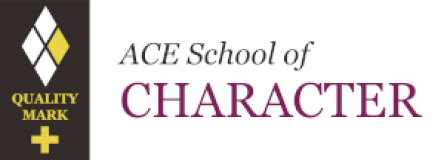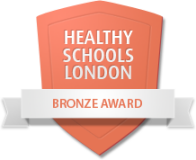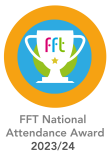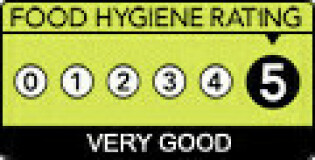Further Maths
|
Course description It is taken in addition to A level maths. You will study three areas of mathematics: -Further Pure Mathematics, Further Statistics and Further Mechanics. Concepts studied during A level maths are developed to cope with more challenging situations and new ideas are introduced to widen the range of problems you can deal with. |
|
|
Year 1 |
Year 2 |
|
PURE Algebraic methods - proof Algebraic and partial fractions Functions and modelling Sequences and series The binomial theorem Trigonometry Radians Trigonometry sec, cosec and cot Parametric equations Differentiation Numerical methods Integration STATISTICS Regression, correlation and hypothesis testing Normal Distribution Conditional Probability MECHANICS Suvat Moments Application of Forces Projectiles Further kinematics
|
PURE Complex Numbers Argand Diagrams Series Roots of Polynomials Volumes of Revolution Matrices Linear Transformations Proof by Induction Vectors Volumes of Revolution Polar Coordinates Hyperbolic Functions Differential Equations Modelling with Differential Equations STATISTICS Discrete Probability Distributions Poisson and Binomial Distributions Geometric and Negative Binomial Distributions Hypothesis Testing The Central Limit Theorem Chi Squared Tests Probability Generating Functions Quality of Tests MECHANICS Momentum and Impulse Work, Energy and Power Elastic Springs and Strings Elastic Collisions in One Dimension Two Dimensional Collisions |
|
A Level exam structure A 2-year linear programme of study. Four exams taken at the end of year 13 Paper 1- Core Pure maths (1.5 hours) -75 marks Paper 2- Core Pure maths (1.5 hours) -75 marks Paper 3- FS1 (1.5 hours)- 75 marks Paper 4- FM1 (1.5hours)- 75 marks |
|
|
Possible progressions Naturally it enables students to progress onto Maths degrees, but it also opens the door to Computer Science, Economics, Engineering, Actuarial Science at the best universities in the world. Our Further Maths alumni currently work in the following area/roles: Mechanical engineering, chemical engineering, chartered accountancy, consultancy, project management, financial trading, teacher, actuary, doctor, dentist, optician, physiotherapist, radiologist, data research officer, research fellow at Cambridge, microbiologist, merchant banker, overseas banking and many more prestigious occupations. |
|
|
Prerequisites GCSE Grade 7 to 9 with a teacher recommendation if you have a Grade 7. |
|
|
Good subject combinations Physics, Geography, Biology, Sociology, Chemistry and Psychology. |
|
|
What do students say about your course? "I am currently reading Mathematics at Cambridge University. The Maths Department encouraged me to be an independent learner. I was able to work at a pace that suited me with students of a similar ability level thanks to the way further maths is timetabled. My teachers were always not only knowledgeable but humorous and approachable." |
|







